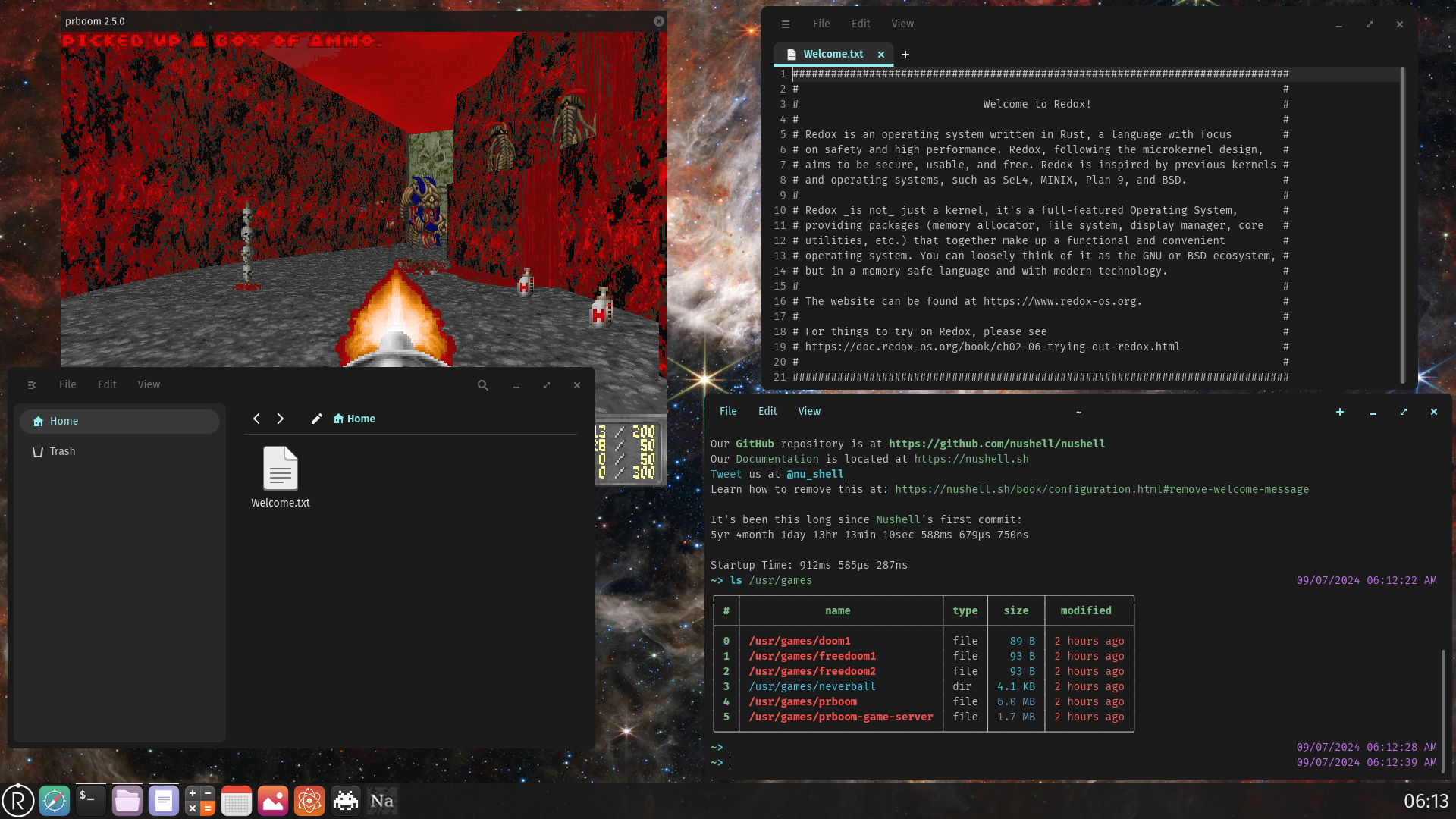

If you find that OCR doesn’t get you very far, maybe try a small vLM to parse PNGs of the pages. For example, Nanonets OCR will do this, although quite slow if you don’t have a GPU. It will give you a Markdown version of the page, which you can then translate with another tool.
PaddleOCR might also be useful, since it focuses on Chinese, but it’s more difficult to set up. To add to this, some other options are MinerU and MistralOCR (this is paid, but you can test it for free if you upload it in Mistral’s library).








Be wary that their docs are so and so. Nanonets OCR, Mistral OCR and MinerU will also extract formulas and images.
One other model I forgot to mention is Docling. This one is quite quick to set up in a docker container, and will have a web interface ready to go where you can upload documents. This sort of follows the PaddleOCR pipeline, but also allows you to use vLMs.
Good luck!